17 Foods That Boost the Immune System
Immune system boosters
Feeding your body certain foods may help keep your immune system strong.
If you’re looking for ways to prevent colds, the flu, and other infections, your first step should be a visit to your local grocery store.
Digitrollz had found some foods that help you to increase your Immune System. So, plan your meals to include these 15 powerful immune system boosters.
1. Yogurt
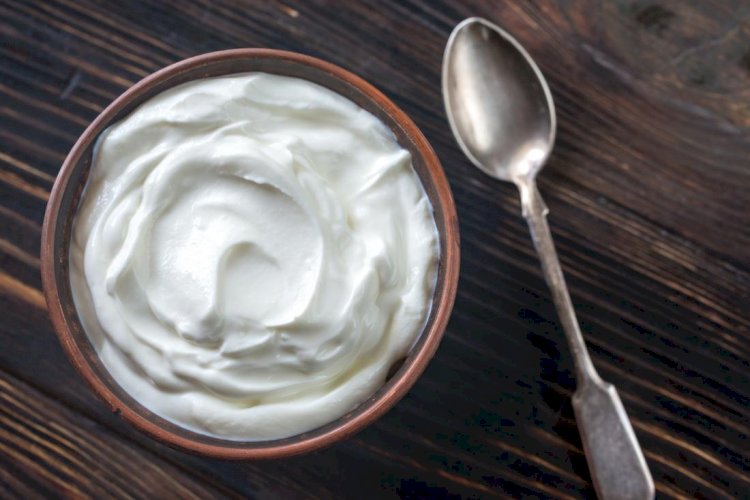
Probiotics, or the live active cultures found in yogurt, are healthy bacteria that keep the gut and intestinal tract free of disease-causing germs. Although probiotic supplements are available, a study from the University of Vienna in Austria found that a daily 7-ounce (198.5 gm) dose of yogurt was just as effective in boosting immunity as popping pills. Be sure to pick up containers free of excess added sugar. Plain varieties (which you can flavor with cinnamon and fresh fruit) are your best bets, but anything with less than 8 total grams of sugar is still a wholesome option.
✔️ Your optimal dose: One 7-ounce serving daily which is equal to 198.5 gm
2. Garlic
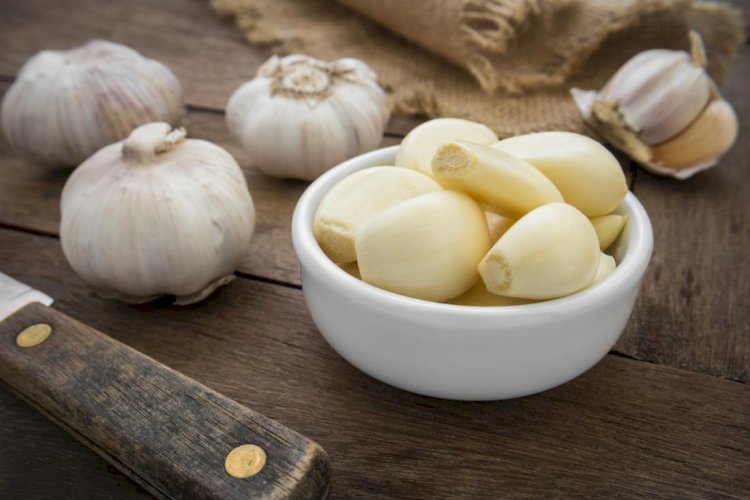
This potent onion relative contains the active ingredient allicin, which fights infection and bacteria. In one study, British researchers gave 146 people either a placebo or a garlic extract for 12 weeks; the garlic takers were two-thirds less likely to catch a cold. Other research suggests that garlic lovers who chow more than six cloves a week have a 30 percent lower rate of colorectal cancer and a 50 percent lower rate of stomach cancer.
✔️ Your optimal dose: We know it’s a lot, but ideally you should aim for a clove or two a day.
3. Turmeric
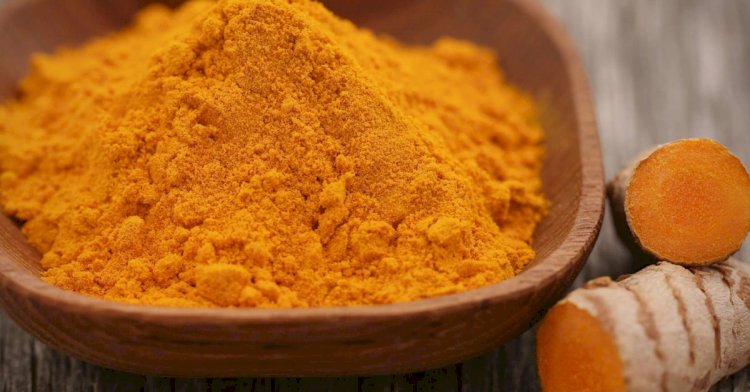
You may know turmeric as a key ingredient in many curries. This bright yellow, bitter spice has also been used for years as an anti-inflammatory in treating both osteoarthritis and rheumatoid arthritis.
Research shows that high concentrations of curcumin, which gives turmeric its distinctive color, can help decrease exercise-induced muscle damage. Curcumin has promise as an immune booster (based on findings from animal studies) and an antiviral. More research is needed.
✔️ Your optimal dose: You have to take 500 to 1,000 milligrams of curcuminoids per day. There are 200 milligrams of curcumin in one teaspoon of fresh or ground turmeric
4. Broccoli
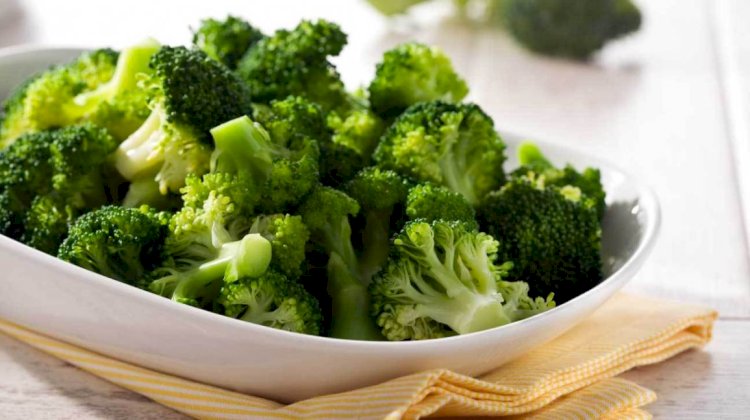
Broccoli is supercharged with vitamins and minerals. Packed with vitamins A, C, and E, as well as fiber and many other antioxidants, broccoli is one of the healthiest vegetables you can put on your plate.
The key to keeping its power intact is to cook it as little as possible — or better yet, not at all.
5. Bell peppers
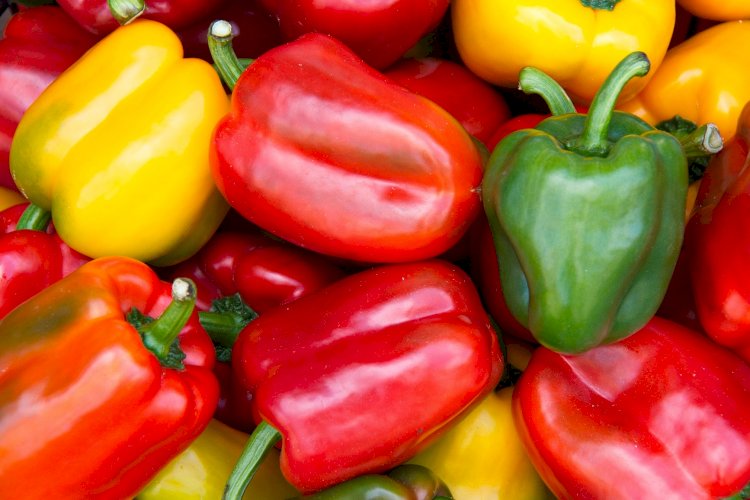
There’s a reason you’re told to load up on vitamin C when you get sick: The nutrient is great for your skin, which acts as a barrier between your body and harmful organisms. On top of that, studies show that not getting enough vitamin C can actually impair your immune response and make you more susceptible to infections. While the jury is still out on whether or not vitamin C can truly prevent a cold, a 2017 review of research suggests supplementing with C can help stave off respiratory infections—or at the very least, help reduce the severity and length of your symptoms if you fall ill. Yes, citrus fruits like oranges are full of vitamin C—but bell peppers, strawberries, mango, kiwi, and broccoli pack a bigger punch.
✔️ Your optimal dose: Snack on a mix of peppers to get your crunchy fix. Just one cup of sliced red peppers delivers 117 milligrams (mg) of vitamin C—way beyond the recommended 75 mg for most adult women. Yellow bell peppers contain even more.
6. Sweet potatoes

You may not think of skin as part of your immune system. But this crucial organ, covering an impressive 16 square feet, serves as a first-line fortress against bacteria, viruses, and other undesirables. To stay strong and healthy, your skin needs vitamin A. “Vitamin A plays a major role in the production of connective tissue, a key component of skin,” explains David Katz, MD, director of the Yale-Griffin Prevention Research Center in Derby, CT. One of the best ways to get vitamin A into your diet is from foods containing beta-carotene (which gives them a vibrant orange pigment), like sweet potatoes, carrots, squash, canned pumpkin, and cantaloupe.
✔️ Your optimal dose: One medium cooked sweet potato (roughly 114 grams or 5 inches long) only packs about 100 calories and more than 100 percent of your daily recommended intake of vitamin A.
6. Oats and barley
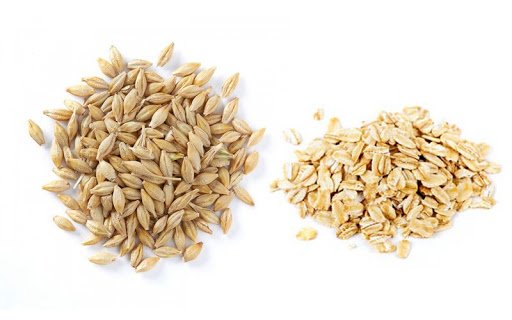
These grains contain beta-glucan, a type of fiber with antimicrobial and antioxidant capabilities more potent than echinacea, reports a Norwegian study. (When consumed, the echinacea plant may slightly reduce your chances of catching a cold, according to the U.S. Department of Health & Human Services.) When animals eat this compound, they’re less likely to contract influenza, herpes, even anthrax; in humans, it boosts immunity, speeds wound healing and may help antibiotics work better.
✔️ Your optimal dose: At least one of your three daily servings of whole grains.
7. Ginger

Ginger is another ingredient many turns to after getting sick. Ginger may help decrease inflammation, which can help reduce sore throat and inflammatory illnesses. Ginger may help with nausea as well.
While it’s used in many sweet desserts, ginger packs some heat in the form of gingerol, a relative of capsaicin.
Ginger may also
✔️ Your optimal dose: We know it’s a lot, but ideally you should aim for one-inch ginger a day.
8. Spinach
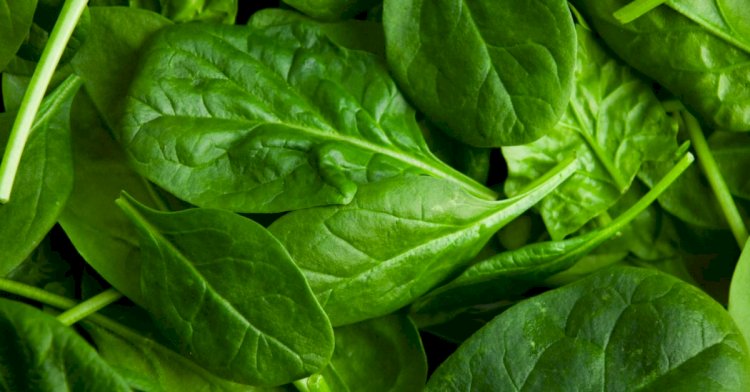
Spinach made our list not just because it’s rich in vitamin C — it’s also packed with numerous antioxidants and beta carotene, which may both increase the infection-fighting ability of our immune systems.
Similar to broccoli, spinach is healthiest when it’s cooked as little as possible so that it retains its nutrients. However, light cooking makes it easier to absorb vitamin A and allows other nutrients to be released from oxalic acid, an antinutrient.
9. Almonds
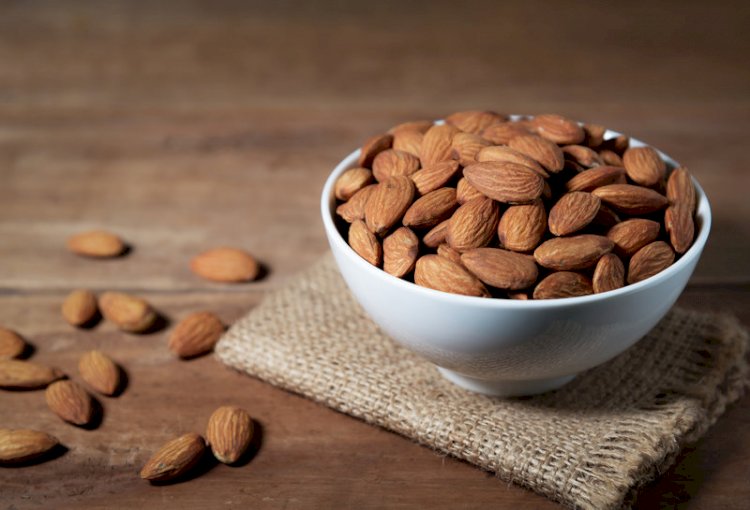
When it comes to preventing and fighting off colds, vitamin E tends to take a backseat to vitamin C. However, this powerful antioxidant is key to a healthy immune system.
It’s a fat-soluble vitamin, which means it requires the presence of fat to be absorbed properly. Nuts, such as almonds, are packed with the vitamin and also have healthy fats.
✔️ Your optimal dose: Adults only need about 15 mg of vitamin E each day. A half-cup serving of almonds, which is about 46 whole, shelled almonds, provides
10. Sunflower seeds
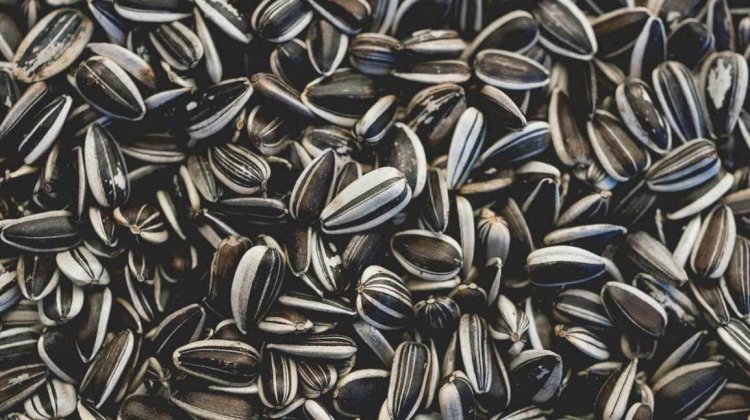
Sunflower seeds are full of nutrients, including phosphorous, magnesium, and vitamins B-6 and E.
Vitamin E is important in regulating and maintaining immune system function. Other foods with high amounts of vitamin E include avocados and dark leafy greens.
✔️ Your optimal dose: Sunflower seeds are also incredibly high in selenium. Just 1 ounce contains nearly half the selenium that the average adult needs daily. So, a person can take around 56 gm sunflower seeds a day. A variety of studies, mostly performed on animals, have looked at its potential to combat viral infections such as swine flu (H1N1).
11. Tea

In a Harvard study, people who drank 5 cups a day of black tea for two weeks had 10 times more virus-fighting interferon in their blood than others who drank a placebo hot drink. The amino acid that’s responsible for this immune boost, L-theanine, is abundant in both black and green tea—decaf versions have it, too.
✔️ Your optimal dose: Several cups daily. To get up to five times more antioxidants from your tea bags, bob them up and down while you brew.
12. Fortified cereals
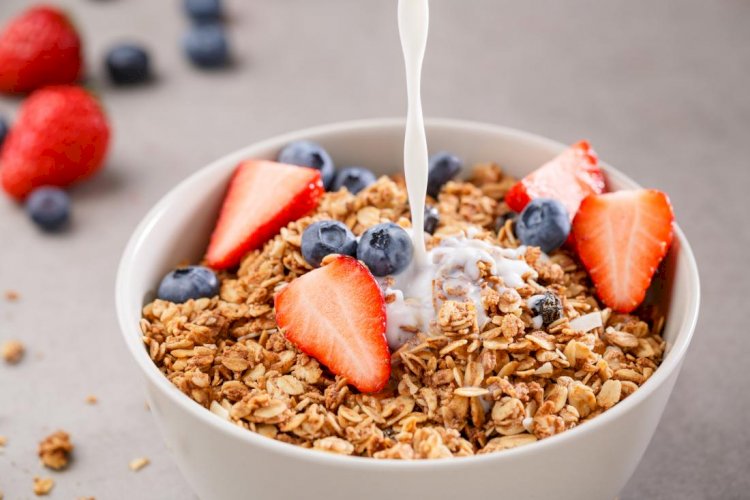
Are you vegetarian? Many fortified bowls of cereal pack an entire day’s worth of zinc. For example, a serving of Kellogg’s Smart Start or General Mills Whole Grain Total, has about 15 milligrams (mg) of the mineral. For a point of comparison, a 3-ounce serving of beef has about 7 mg of zinc.
✔️ Your optimal dose: Aim for one bowl daily—especially if you relate to any of these six signs you're not getting enough zinc.
13. Citrus fruits
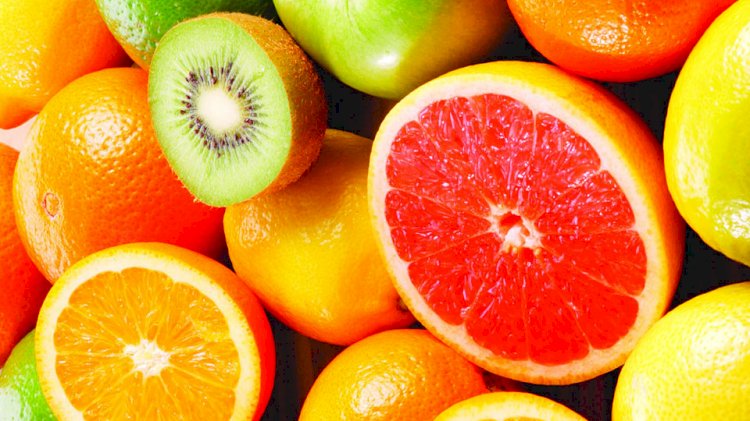
Most people turn straight to vitamin C after they’ve caught a cold. That’s because it helps build up your immune system.
Vitamin C is thought to increase the production of white blood cells, which are key to fighting infections.
Almost all citrus fruits are high in vitamin C. With such a variety to choose from, it’s easy to add a squeeze of this vitamin to any meal.
Popular citrus fruits include:
- grapefruit
- oranges
- clementines
- tangerines
- lemons
- limes
✔️ Your optimal dose: The recommended daily amount for most adults is:
- 75 mg for women
- 90 mg for men
If you opt for supplements, avoid taking more than 2,000 milligrams (mg) a day.
Also keep in mind that while vitamin C might help you recover from a cold quicker, there’s no evidence yet that it’s effective against the new coronavirus, SARS-CoV-2.
14. Kale
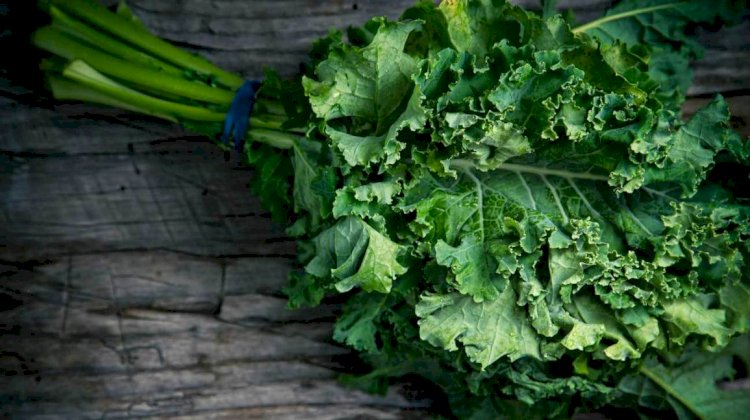
Along with orange produce, dark, leafy greens like kale are an excellent way to increase your vitamin A intake and bolster your immune function.
✔️ Your optimal dose: Toss a cup into salads, omelets, stir-fries, and pasta dishes a few times a week. A serving has just 33 calories and more than a day’s worth of your recommended vitamin A intake.
15. Mushrooms
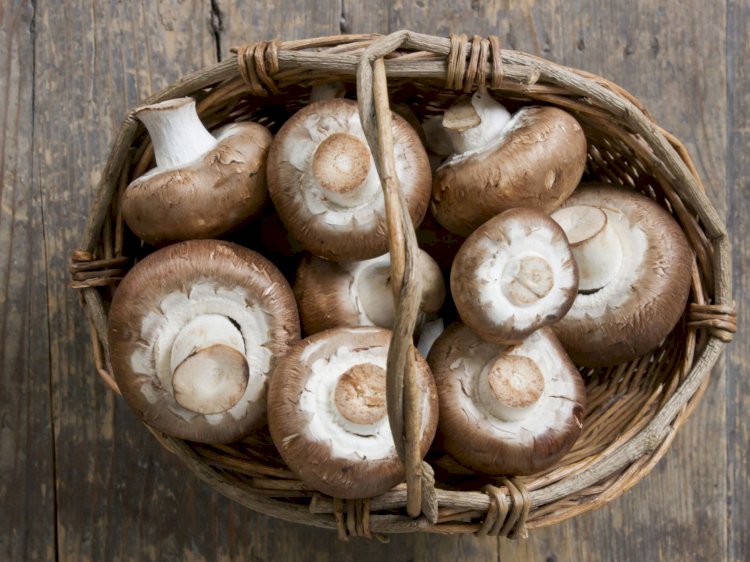
For centuries, people around the world have turned to mushrooms for a healthy immune system. Contemporary researchers now know why. “Studies show that mushrooms increase the production and activity of white blood cells, making them more aggressive. This is a good thing when you have an infection,” says Douglas Schar, DipPhyt, MCPP, MNIMH, the former director of the Institute of Herbal Medicine in Washington, DC. They’re also a great natural source of vitamin D.
✔️ Your optimal dose: Shiitake, maitake, and reishi mushrooms appear to pack the biggest immunity punch; experts recommend at least ¼-ounce to 1-ounce a few times a day for maximum immune benefits. Add a handful to pasta sauce, sauté with a little oil and add to eggs or heap triple-decker style on a frozen pizza.
16. Papaya
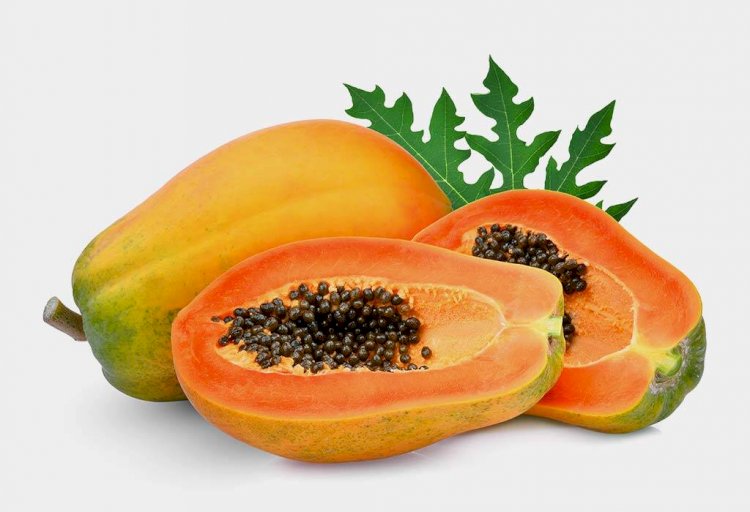
Papaya is another fruit loaded with vitamin C. You can find double the daily recommended amount of vitamin C in a single medium fruit. Papayas also have a digestive enzyme called papain that has anti-inflammatory effects.
Papayas have decent amounts of potassium, magnesium, and folate, all of which are beneficial to your overall health.
✔️ Your optimal dose: Papayas are an excellent source of vitamin C, and one single medium fruit provides 224 percent of recommended daily intake. One medium papaya has approximately: 120 calories. 30 grams of carbohydrate - including 5 grams of fiber and 18 grams of sugar.
17. Kiwi
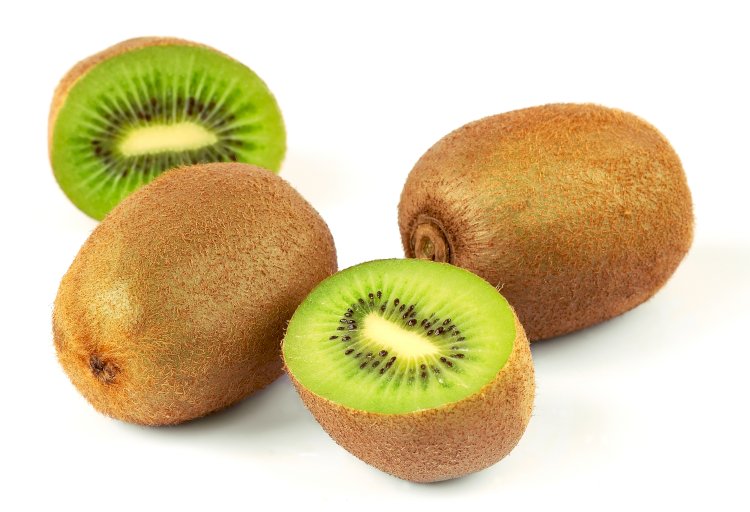
Like papayas, kiwis are naturally full of a ton of essential nutrients, including folate, potassium, vitamin K, and vitamin C.
Vitamin C boosts the white blood cells to fight infection, while kiwi’s other nutrients keep the rest of your body functioning properly.
✔️ Your optimal dose: Eating one to three kiwis a day is enough for most people to get the boost of nutrients from the fruit.
Did these foods help you to increase your immunity? Do you have any such that I missed here? Please share your comments in the comment section below

 Shweta
Shweta 















Share Your Views In Comments Below.